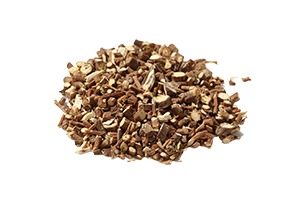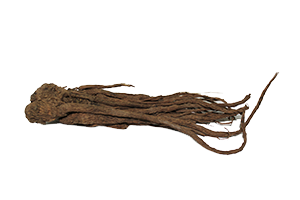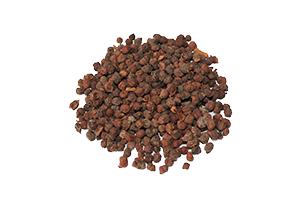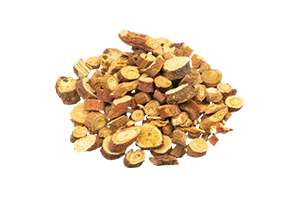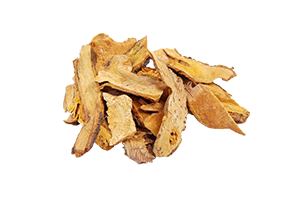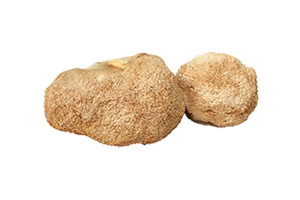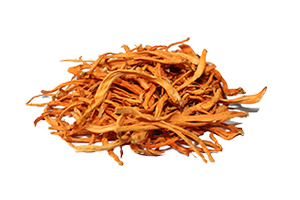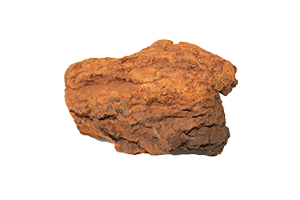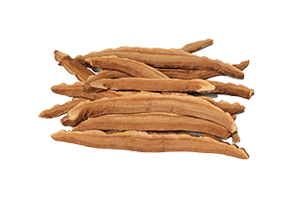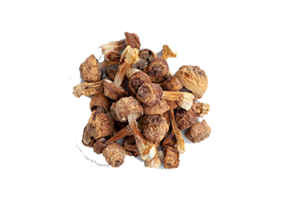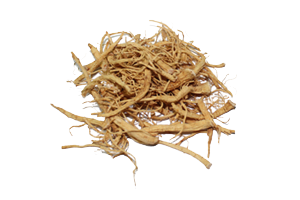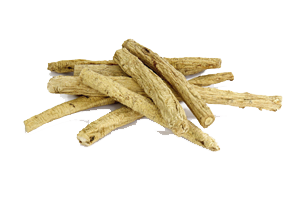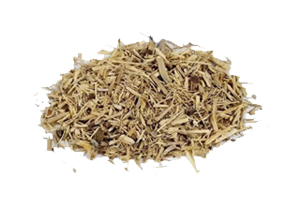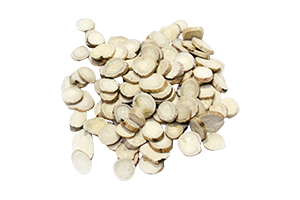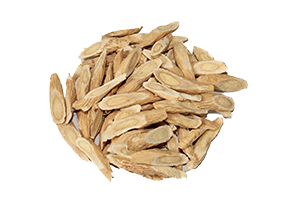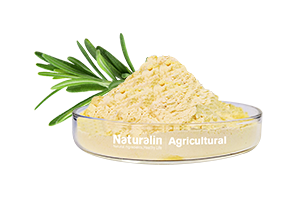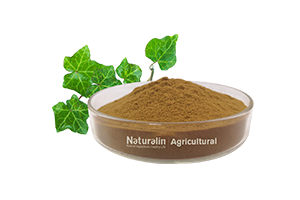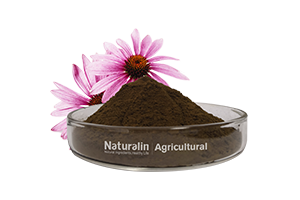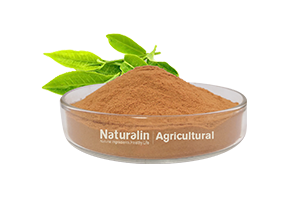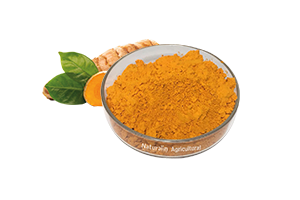
- About Us
-
Products & Services
Customize me!
Leam more about Naturalin Agricultural
Custom solutions. MORE +
- Quality
- Sustainability
- News
- Contact Us

Rosemary: natural antioxidant and preservative
Post time: 2025-07-21
Details of Rosemary
Rosemary is an evergreen shrub with erect leaves, grayish green, narrow pointed shape, leaves with loose pine scent, spicy and slightly bitter, often used in cooking, and can also be used for soaking herbal tea. Rosemary is currently recognized as one of the plants with strong anti-oxidation effect, and has broad market application prospects in the field of food additives.
In recent years, the role of rosemary in antioxidant and anti-corrosion has been gradually developed, becoming an important natural antioxidant and preservative in the food and beverage industry.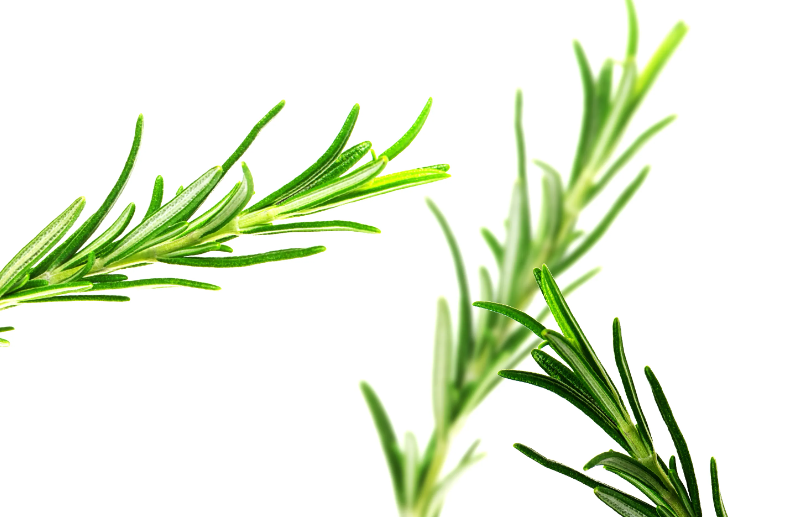
The rosemary contains various active ingredients such as carnosic acid, rosmarinic acid, and carnosol, which not only has the antioxidant effect of traditional plant extracts, but also has antiseptic, antibacterial and other activities. In addition, rosemary also has high temperature resistance: at 240 degrees Celsius, it is still very stable, and the stability of general plant extracts is susceptible to temperature.
Rosmarinic acid is a water-soluble natural phenolic acid compound isolated from rosemary. It is widely distributed in lipophyllum, comfrey, cucurbitaceae, eucalyptus, and umbelliferae. Among the various plants, the highest content is in the Lamiaceae and the comfrey plants.
Rosmarinic acid is a natural antioxidant that has stronger antioxidant activity than vitamin E, caffeic acid, chlorogenic acid, folic acid, etc., and helps prevent cell damage caused by free radicals. Since rosemary is not sensitive to light, heat and acid, it is anti-oxidant in food supplements, food and beverage, fresh meat, and even condiments. It is recognized as a natural antioxidant in the industry.
Market Values
In summary, rosmarinic acid has a very broad application prospect and market value, and its main application areas include:
Food field As a natural and highly effective antioxidant, rosmarinic acid can replace BHA (butyl hydroxyanisole), BHT (2,6-di-tert-butyl-4-methylphenol), applied to animal and vegetable oils and fats, dairy products, It is used in oil-rich foods, confectionery and baked goods; it can also be used as a spice in various soups and seasonings, and it has a preservative effect. For example, in Japan, rosemary rich in rosmarinic acid improves the shelf life of fresh seafood.
The field of health care products has the effects of refreshing, enhancing memory, improving tension and lethargy.
At present, in Japan, the United States and other developed countries have limited or banned the use of synthetic antioxidants that are harmful to humans. Pure natural rosemary antioxidants with good stability, good heat resistance, high efficiency and broad spectrum, low added amount and will not affect the color of foods with high color requirements, such as tea polyphenols, vitamin E, etc.
Market Situation Application Situation
From January to July 2018, China's exports of rosemary totaled 2.17 million US dollars, and the export volume was about 66 tons. In 2017, the total export value was 2.84 million US dollars, and the export volume was about 87 tons. From January to July 2018, the main target market for exporting rosemary from China was the United States, with a total export value of 1.19 million US dollars; followed by Spain with an export value of about 320,000 US dollars.
As consumers' awareness of health continues to increase, the concepts of natural green, health and environmental protection are gradually gaining popularity, and the market for rosemary as a natural plant preservative will gradually open.
Application Situation
In addition to the application development of rosemary itself, compounding will be the focus of future development.
In addition, the oily properties of rosemary will have a wide range of applications in combating fat oxidation. For example, to protect various unsaturated fatty acids and avoid rancidity, the rosemary compound can be added to fish oil capsules, CLA, ALA, etc. to protect the highly volatile unsaturated fatty acids. Other aspects, such as dairy products, instant food snack food instant noodles, potato chips, French fries, etc., can be improved by using rosemary compound.






